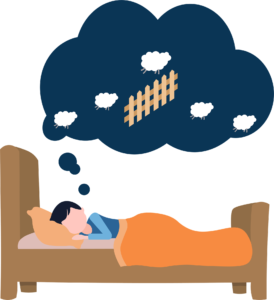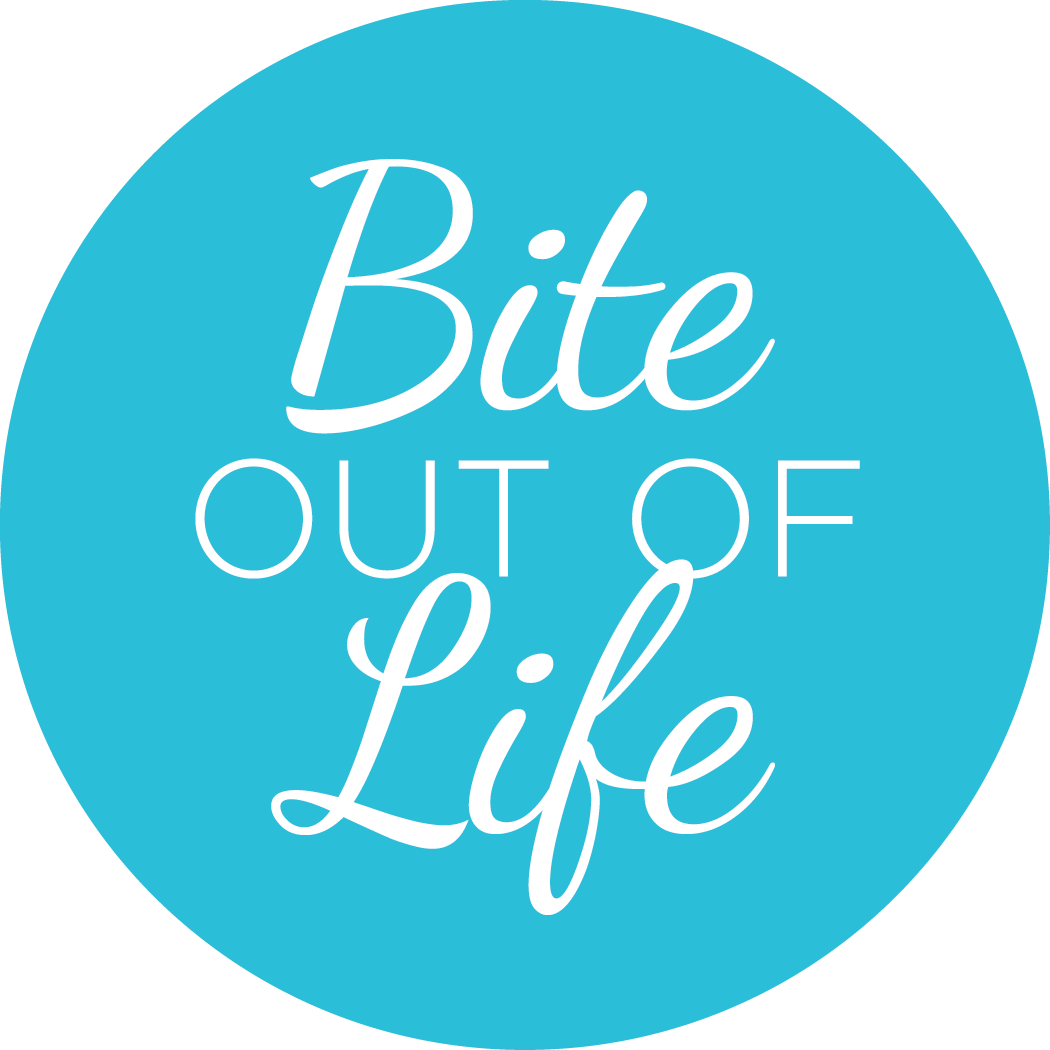
If I’m honest, these days I’m more about the slumber than the party. Especially if said slumber begins before 10 PM. Seems a much better alternative than staying up ‘til all hours like they do in the movies. You know, all those young women gathered in fluffy pyjamas painting each other’s toenails, gossiping, singing-a-song-whilst-totally-bullying-someone-à-la-Grease. (Check it out here if you don’t believe me.)
And still being perky in the morning.
How is that even possible?
It’s not. Remember: it’s the movies.
Be honest with yourself – when was the last time you woke up refreshed without an alarm and didn’t need a big bucket of coffee to get going in the morning?
Sleep is a precious and unappreciated commodity these days. And yet, half of Canadian adults – 1 in every 2 – say they do not get enough sleep to wake refreshed. About the same number say they have trouble getting to sleep or staying asleep.
That is a national health crisis that remains unrecognized and unaddressed.
Truth is, not getting enough sleep impacts our brain health and memory long term, and even our body’s ability to detoxify and renew itself through cellular turnover and repair.
So, it’s really no wonder that we’re seeing an exponential increase in diseases like dementia and Alzheimer’s, autoimmune disorders, heart disease, adrenal dysregulation and obesity. In fact, lack of sleep messes with many of our hormones – and you know what happens when our hormones aren’t happy!
Speaking of hormones – did you know that we have 400 times more melatonin (the body’s natural “sleep hormone”) in our gut than in our brains? That’s reason enough to focus on gut health as part of a healthy sleep routine. But most people who can’t sleep do not know this and so do not address this.
Instead, they just continue to shuffle through life like charter members of the Zombie Nation (been there, done that, used to wear the t-shirt!).
A hormone storm is brewing when you are sleep-deprived
So what happens to other critical hormones when you don’t get enough zzz’s?
- Grehlin – your hunger hormone – increases by 15% after just one night of poor sleep. Lack of sleep can also dramatically affect your leptin levels – the hormone of satiety. It’s no wonder we want to eat a big pile of sugar and carbs when we’re tired – we’re looking for a fast energy fix because we are bone tired. You can find out more about how our reptilian brain kicks in to throw us a lifeline when we’re tired by checking out a previous post on metabolism.
- Chronic sleep deprivation correlates with elevated nighttime cortisol – which is one of our stress hormones. When cortisol is elevated, (prepare for the vicious circle here) our sleep gets worse, then we are more tired and then we want carby things to give fast energy, but then we are too tired to exercise and burn off that energy and so – weight gain. Even worse, when your cortisol is elevated, you tend to store more visceral fat in the abdominal area. Yep – the dreaded belly fat! And guess what? We’ve talked about this previously as well 😀 – check it out here.
- The production of human growth hormone (HGH) – dubbed the fountain of youth hormone – is at its peak during the first half of our nightly sleep cycle. This is what’s known as the Delta sleep stage – when we get into our deepest sleep and key restoration at the cellular level takes place. HGH protects muscle from breaking down, aids in building new lean muscle tissue, and gives you energy. This means you’re able to lose weight more efficiently and maintain lean body mass…but only when you sleep well! Because when your sleep is interrupted, less HGH is released and therefore – it’s harder to build muscle and lose weight. Read the study here.
- Insulin is the hormone whose job it is to signal the body’s muscle, fat, and liver cells to absorb glucose from the bloodstream that will be used for energy. A study in the Annals of Internal Medicine reported that skimping on sleep can cause fat cells to become less insulin-sensitive by up to 30% – meaning they lose their ability to use insulin properly. So cells store more energy than they use – and voila! Excess weight. For more info on insulin’s metabolic actions in relation to diabetes and beyond, check out my D Blog.
The bottom line is that losing sleep or not paying enough attention to it is no joke. It’s not about just being tired the next day – it’s about the cellular, organ and metabolic damage that you are doing on an ongoing basis when you do not address sleep as a key determinant of your health journey.
We are so busy being busy. And sometimes so busy focusing on other areas of health – like, am I drinking enough green juice? Did I go to the gym five times this week? Should I add more supplements to my daily regime? Can keto (or paleo or veganism or…) help me lose weight? – that we forget that one of the most basic things we need to do is to get back in tune with our bodies and just get some REST! When we spend all out time counting calories instead of counting sheep, we set ourselves up for poor outcomes.
It’s summertime as I am writing this blog. The traditional time to unplug, kick-back, take a vacation, chill, and nap in a hammock maybe. Help your circadian rhythm get back into gear. Let go of the rigidity of our schedules and just be.
Here’s an invitation: instead of trying to check off a long list of destinations and accomplishments this summer, what if REST was your #1 goal?
What’s on your “unfill your bucket list” this summer? Yes – I mean what can you quit chasing in order to find more space for sleep? What will you be doing to downshift the stressors and uplevel your focus on those important hours between 9PM and 6AM when your body and your mind needs to find respite in order to rejuvenate?
I’ll no doubt write many other posts about sleep over the next while. I’ve learned the power it has to help me stay productive and balanced and able to roll with whatever is thrown at me (kind of a critical skill as we slowly make our way out of the COVID chaos that has ensued for the last 16 months).
And as both a wellness professional and a reformed insomniac – I also know that to sleep well you need to address lifestyle habits as well as nutrition.
It’s a big topic and an important one – so be forewarned. I’ll be coming back at it and its effects on our hormones, our genes, our longevity again and again. And providing some solutions that you can try. Stay tuned for Slumber Party (Part 2).
But for today – I think I’ll leave you with just a few things to take you into your summer vacation:
Check out this TedTalk by sleep scientist Matthew Walker. He is also the author of Why We Sleep. Great book to read and equally great to listen to as an audiobook.
And if you remember fondly when someone used to read you bedtime stories as a child until you fell into a restful sleep – maybe it’s time to revisit that? Here is a podcast that is just aces when it comes to bedtime relaxation: Nothing Much Happens- Bedtime Stories for Grown-ups.
I guarantee you’ll be out before Kathryn even completes the short and calming tale.
